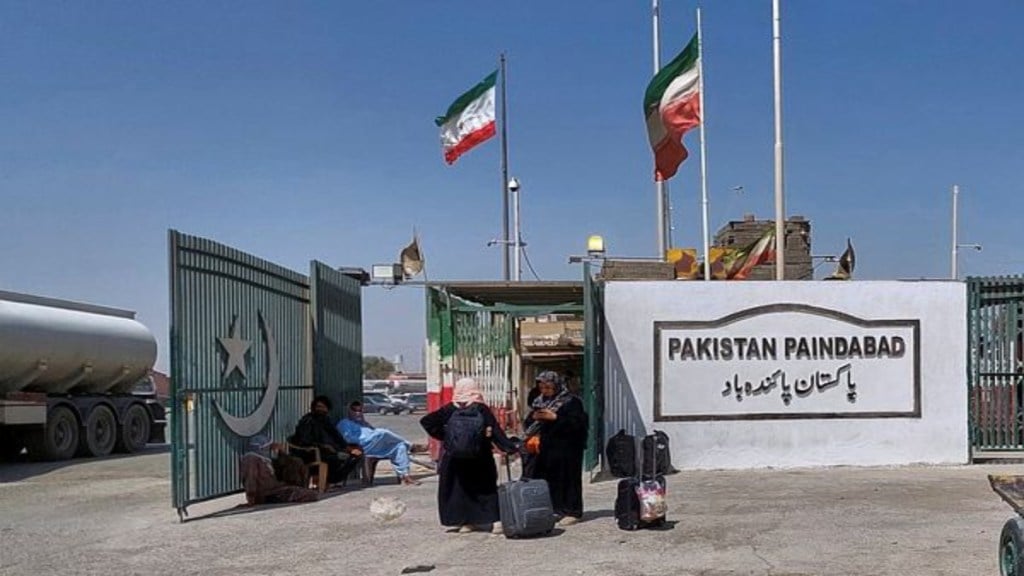Separatist and jihadist groups along the Pakistan-Iran border could capitalise on any collapse of authority in Iran, the Pakistani army chief, Field Marshal Asim Munir, warned during a meeting this week with US President Donald Trump. The warning came as Israel intensified airstrikes on Iran’s nuclear facilities, prompting fears across the region.
Pak fears border instability
Pakistan and Iran share a 560‑mile (900km) long border that has long been a hotbed for militant activity. Anti-Iranian and anti-Pakistan outfits operate on both sides of the frontier, and the possibility of a weakened Tehran could embolden these groups. Pakistani authorities have expressed deep concern about the security vacuum that might arise if Iran’s regime is destabilised.
Pakistan also fears the precedent set by Israel attacking another nation’s nuclear installations. The Pakistan-India military standoff in May is still fresh, making any shift in Iran’s security dynamics especially sensitive.
High‑level diplomacy in Washington
During a lunch at the White House, Munir and Trump discussed the intensifying Israel-Iran conflict. “They’re not happy about anything,” Trump said, referring to Pakistani concerns. In a statement, the Pakistani army said both leaders “emphasised the importance of resolving the conflict”.
Pakistan has condemned Israel’s attack as a breach of international law. “This is for us a very serious issue,” said Shafqat Ali Khan, spokesman for Pakistan’s Ministry of Foreign Affairs. “It imperils the entire regional security structure, and it impacts us deeply.”
What Munir said about militant groups in Pakistan?
Among the militant groups seeking to gain from the crisis is Jaish al‑Adl (JaA), an Iranian jihadist group from the Baluch and Sunni Muslim communities. In a statement on June 13, JaA called on ethnic Baluch and the Iranian armed forces “to join the ranks of the Resistance” and expressed solidarity with Iran’s people.
Meanwhile, Pakistani authorities worry that separatist militants within its own Baluch minority, some based in Iran, may also intensify attacks. The Pakistani Army warned that the conflict threatens to deepen tensions across the region.
In their discussion, Munir and Trump acknowledged the gravity of the situation. “Well, they know Iran very well, better than most, and they are not happy about anything,” Trump said. “They know both Israel and Iran… but maybe they know Iran better, and they agree with me.”
(With Reuters inputs)

